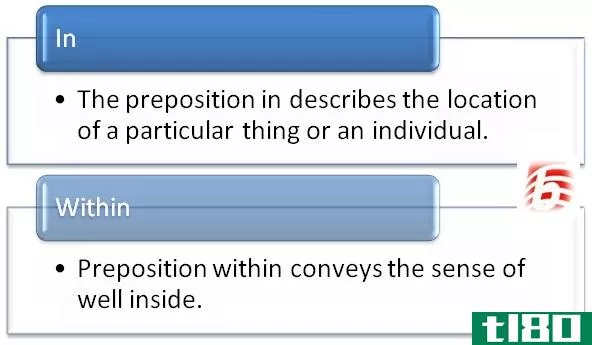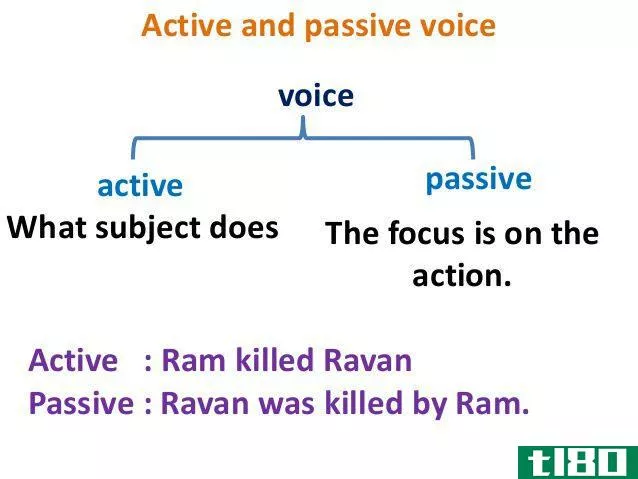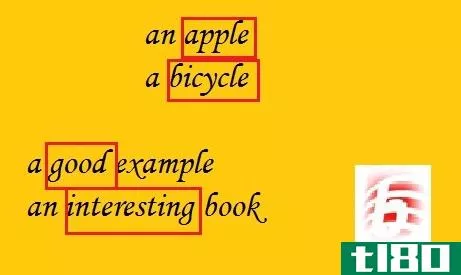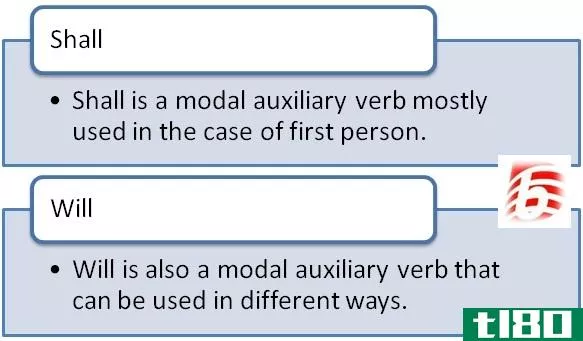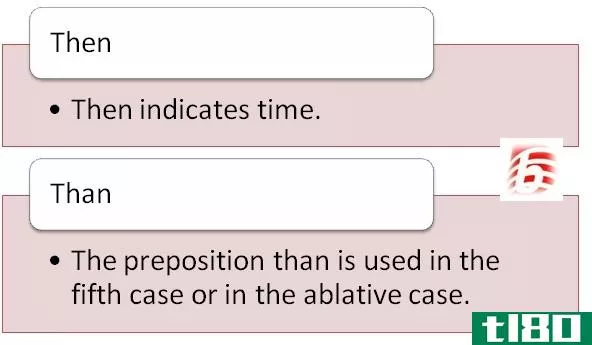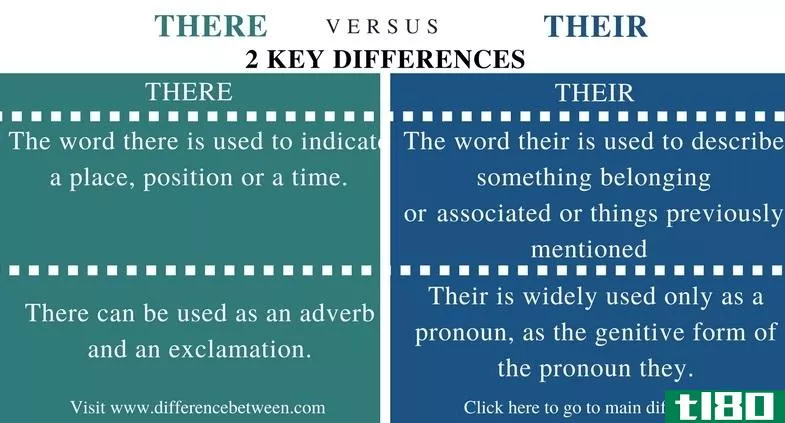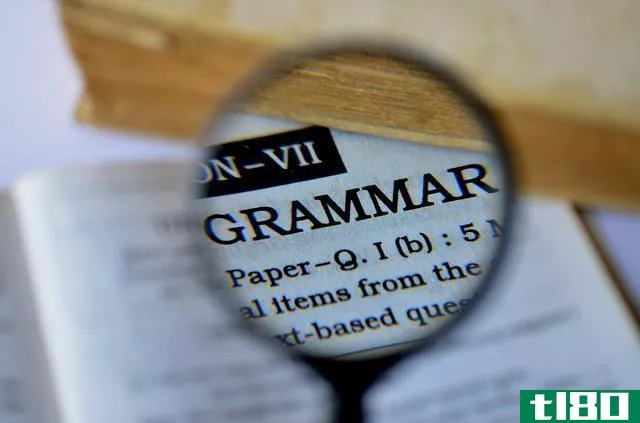什么是语法过度规范化?(overregularization in grammar?)
过度规范化是语言学习过程的一部分,在这个过程中,孩子们将规则的语法模式扩展到不规则的单词,比如用“goed”表示“go”,或用“tooth”表示“牙齿”。这也称为正则化。

Kathleen Stassen Berger说:“虽然从技术上讲是错误的,但过度规范化实际上是一种语言成熟的标志:它表明孩子们正在应用规则。”同时,史蒂文·平克和艾伦·普林斯说,“过度规范化的治疗方法,“寿命更长,因此能更频繁地听到不规则的过去式,并增强[儿童]的记忆痕迹。”
过度规范化的一个例子
"He is a perfectly healthy little boy with no more fears and worries than any other youngsters his age [two and a half], but one night he awakens screaming for Mommy and Daddy. 'Ginger bited me!' he wails. Ginger is the little cocker spaniel next door. Stevie had been playing with him that afternoon. Mother had been there the whole time. Ginger had not bitten Stevie. 'No, darling, Ginger didn't bite you!' says Mama, comforting him. 'He did. He bited me on my foot.'" (Selma H. Fraiberg, "The Magic Years")孩子们的“错误”告诉我们什么
"Children's errors...give us an idea about the state of their developing grammar systems. In fact, it may be inappropriate even to call them errors since they are often logical forms for the child's current state of development. The kinds of variation from adult rules that children make are often not ones that parents are likely to have made in any context, so children did not learn these variations through repetition. What parent would say to a child, often enough for the child to have acquired through repetition: 'The baby goed home' or 'The baby wented home,' 'My feets hurt' or even 'My foots hurt'? In each of these utterances, it is clear that the child has figured out a commonly used structure rule but has not yet learned that there are exceptions to the rule." (Elizabeth Winkler, "Understanding Language: A Basic Course in Linguistics", 2nd ed.)过度规范化和多元化
"[O]ne of the first rules that English-speaking children apply is to add -s to form the plural. Overregularization leads many young children to talk about 'foots', 'tooths', 'sheeps', and 'mouses'. They may even put the -s on adjectives when the adjectives are acting as nouns, as in this dinner-table exchange between my 3-year-old and her father: Sarah: I want somes. Father: You want some what? Sarah: I want some mores. Father: Some more what? Sarah: I want some more chickens. Although technically wrong, overregularization is actually a sign of verbal sophistication: it shows that children are applying the rules. Indeed, as young children become more conscious of grammatical usages, they exhibit increasingly sophisticated misapplication of them. A child who at age 2 correctly says she 'broke' a glass may at age 4 say she 'braked' one and then at age 5 say she 'did braked' another."(Kathleen Stassen Berger, "The Developing Person Through Childhood and Adolescence")规范语言
"Regularization errors have been taken as evidence either that children rely on a template or schema for producing a stem and inflection, or that they have started to make use of an abstract rule . . .. "Many observers, from at least Rousseau on, have noticed that children tend to regularize their language, getting rid of many irregular forms in adult use. Berko (1958) was one of the first people to offer experimental evidence that by age five to seven, children had identified different inflectional affixes and were able to add them to nonsense stems they had never heard before." (Eve V. Clark, "First Language Acquisition")过度规范化与语言发展
"[O]verregularization errors occur over protracted periods of development. Marcus et al. demonstrated that the rate of overregularization is much lower than was typically assumed, i.e., children usually do not overregularize more often than 5-10% of the irregular verbs in their expressive vocabularies at any given time. Furthermore, the correct past tense form co-occurs with the incorrect version." (Jeffrey L. Elman et al., "Rethinking Innateness: A Connectionist Perspective on Development")来源
“通过童年和青春期成长的人”,2003年。
1994年《语言规则的现实》中的“规则和不规则形态与语法规则的心理状态”。
- 发表于 2021-10-05 11:40
- 阅读 ( 370 )
- 分类:语言
你可能感兴趣的文章
在里面(in)和英语语法中的内部(within in english grammar)的区别
...外含义。 在里面(in)和英语语法中的内部(within in english grammar)的区别 如前所述,介词in描述一个特定事物或个人的位置,而in介词则表达内心深处的感觉。更重要的是,in和within这两个词在与其他词不同使用时会产生不同的含义...
- 发布于 2020-10-17 01:57
- 阅读 ( 386 )
嗓音(voice)和语法中的言语(speech in grammar)的区别
...格形式的语音对比 5. 摘要 什么是语法中的语态(voice in grammar)? 在语法中,语态决定动词是主动的还是被动的。当主语是行为人时,句子是主动的;相反,当主语是行为的目标或实施者时,句子是被动的。主动句被称为主动语...
- 发布于 2020-10-18 02:10
- 阅读 ( 417 )
一(a)和英语语法(an in english grammar)的区别
...的正确用法是非常重要的。 什么是英语语法a(a in english grammar)? 不定冠词a用于“一”的意义,它用在名词前面,作为一种数的形容词,如下面的句子中。 珍妮特今天早上吃了芒果。 在这句话中,你会想到珍妮特今天早上只吃...
- 发布于 2020-10-27 12:13
- 阅读 ( 270 )
应该(shall)和威尔英语语法(will in english grammar)的区别
...但真金会发光。 应该(shall)和威尔英语语法(will in english grammar)的区别 •Shall是一个情态助动动词,主要用于第一人称。 •应有时用于表达建议、提议和请求。 •情态动词,也可以用在其他助词上。 •在预测中使用意志是很常...
- 发布于 2020-10-28 00:43
- 阅读 ( 335 )
然后(then)和而不是英语语法(than in english grammar)的区别
...电话铃响了。 然后(then)和而不是英语语法(than in english grammar)的区别 •Then是副词。Than是介词也是连词。比是众所周知的用于比较形式。 •然后表示时间。介词than用于第五格或消音格。这就是then和than这两个词的主要区别。 •t...
- 发布于 2020-11-03 04:16
- 阅读 ( 312 )
那里(there)和他们的英语语法(their in english grammar)的区别
...只用作代词。 那里(there)和他们的英语语法(their in english grammar)的共同点 在那里和它们的发音相似,它们被称为同音异义词。 他们和他们经常一起用在句子中。 那里(there)和他们的英语语法(their in english grammar)的区别 ...
- 发布于 2020-11-06 17:00
- 阅读 ( 387 )
语法(grammar)和标点符号(punctuation)的区别
...门语言,掌握这两方面的知识是很重要的。 什么是语法(grammar)? 语法是一套结构规则,它支配着一种语言中从句、短语和单词的结构。它是对文字的研究;它研究单词如何改变它们的形式,并与其他单词组合成有意义的句子。...
- 发布于 2021-06-27 07:12
- 阅读 ( 604 )
语法(grammar)和语法(syntax)的区别
主要区别语法(main difference grammar) vs. 语法(syntax) Grammar and Syntax are two overlapping disciplines that deal with the c***truction of words, phrases and sentences in a language. Since both syntax and grammar deal with rules and structures of language, many people assume tha...
- 发布于 2021-06-28 01:01
- 阅读 ( 680 )
描述的(descriptive)和规定语法(prescriptive grammar)的区别
...法,语音学,规定语法,句法 什么是描写语法(descriptive grammar)? 描写语法侧重于描述母语或非母语者日常使用语言的方式。因此,它包含了一套关于语言的规则,这些规则是基于语言的实际使用方式,而不是应该如何使用。语...
- 发布于 2021-06-30 19:15
- 阅读 ( 1953 )
对象(object)和英语语法补语(complement in english grammar)的区别
...,补语,句法 什么是英语语法中的宾语(an object in english grammar)? 剑桥词典将英语语法中的宾语定义为“受动词作用影响的名词或名词短语”。简言之,客体是受主体行为影响的东西。 英语语法的基本句法或句子结构是-主语+动...
- 发布于 2021-06-30 20:04
- 阅读 ( 508 )
